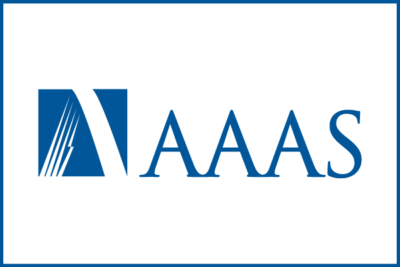Wixted Receives AAAS John P. McGovern Award Lecture in Behavioral Sciences

The American Association for the Advancement of Science (AAAS) has awarded the 2022 John P. McGovern Award Lecture in the Behavioral Sciences to APS Fellow John T. Wixted for his contributions to the overall understanding of human memory.
In December, the APS journal Psychological Science in the Public Interest featured research conducted by Wixted (with APS Fellows Gary L. Wells and Elizabeth F. Loftus) on high-confidence misidentification by eyewitnesses exposed to multiple police lineups. “Test a witness’s memory of a suspect only once,” the researchers urged. Wixted discussed this research further in an interview on the APS podcast Under the Cortex.
According to the official AAAS award announcement, “[Wixted] is being recognized for his work on understanding the mechanisms of human memory, focusing on the neuroscience of memory and amnesia, signal-detection analyses of recognition memory, and eyewitness memory.”
Wixted is a distinguished professor of psychology at University of California, San Diego (UCSD), where he researches episodic memory and cognitive mechanisms underlying recognition memory through the lens of signal detection theory. His UCSD profile mentions related work, which has examined the representation of episodic memory in the hippocampus, chiefly through single-unit electrophysiological recordings in epilepsy patients.
First delivered in 1990, the John P. McGovern Award Lecture was created to help further scholars’ research and exploration of the behavioral sciences and includes a $5,000 cash prize. Wixted will deliver the lecture at the 2022 AAAS Annual Meeting in February.





APS regularly opens certain online articles for discussion on our website. Effective February 2021, you must be a logged-in APS member to post comments. By posting a comment, you agree to our Community Guidelines and the display of your profile information, including your name and affiliation. Any opinions, findings, conclusions, or recommendations present in article comments are those of the writers and do not necessarily reflect the views of APS or the article’s author. For more information, please see our Community Guidelines.
Please login with your APS account to comment.